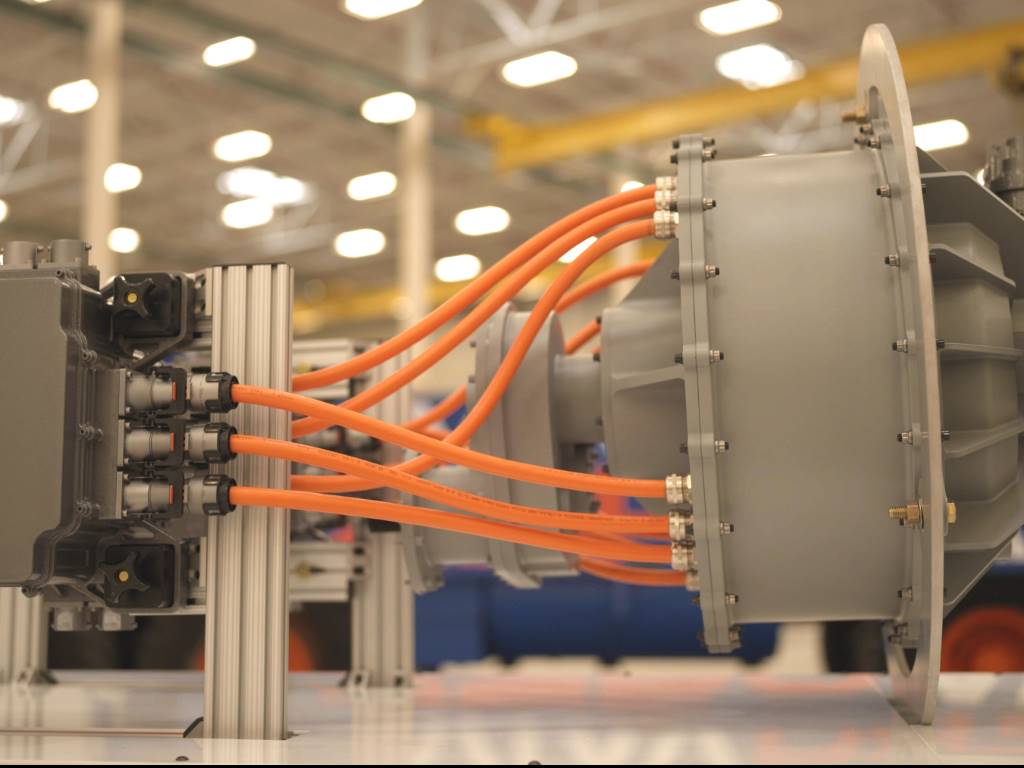Study finds noise reduction needed for next generation of turboprops

A lack of leg room is a well-known grumble among passengers on flights – but noise in the cabin is the number one gripe when it comes to propeller aircraft, a new study suggests.
Experts in design engineering at Nottingham Trent University wanted to identify passenger preferences when flying turboprop aircraft, which are expected to become more common as we move towards more sustainable ways of flying than by jet.
The research – which also involved Delft University of Technology in Holland and Ludwig Maximilian University of Munich – looked at what passengers found most and least comfortable when flying on these aircraft, which are predominantly used for regional flights.
As part of the study participants undertook a 70-minute flight on a specially chartered turboprop aircraft, at a cruising altitude of 17,000ft.
Questionnaires were completed and participants were asked at different points – ascent, cruise and descent – which factors were contributing most to their comfort and discomfort.
After the flight, the vast majority (91%) of passengers stated that noise affected their discomfort in the cabin, while two-thirds (63%) said vibration and over half (53%) said the seat.
However, when it came to comfort, space, lighting and temperature in the cabin were the most important factors which influenced passengers, the researchers found.
With sustainability becoming more important for passengers the team wanted to investigate the overall comfort experience of the more fuel-efficient turboprops.
The team argues that for future propeller aircraft design it would be beneficial to look at noise reduction systems and vibration dampening materials. Noise-cancelling headphones could be made available for passengers and mechanical solutions could include adapting the propeller position so that there is less aerodynamic interaction with the rest of the airframe.
“If we are serious about emissions, future propulsion has to move away from jets for regional flights,” explains Professor Neil Mansfield, head of engineering in Nottingham Trent University’s School of Science and Technology.
“We need to understand the environment of propeller aircraft so that future designs can be made more comfortable and acceptable to the market. There are ways to reduce the noise with noise cancelling or by designing the sound to be less unpleasant.”
The study is reported in the International Journal of Aviation, Aeronautics and Aerospace and was funded by the European Commission as part of the CleanSky ComfDemo project.













